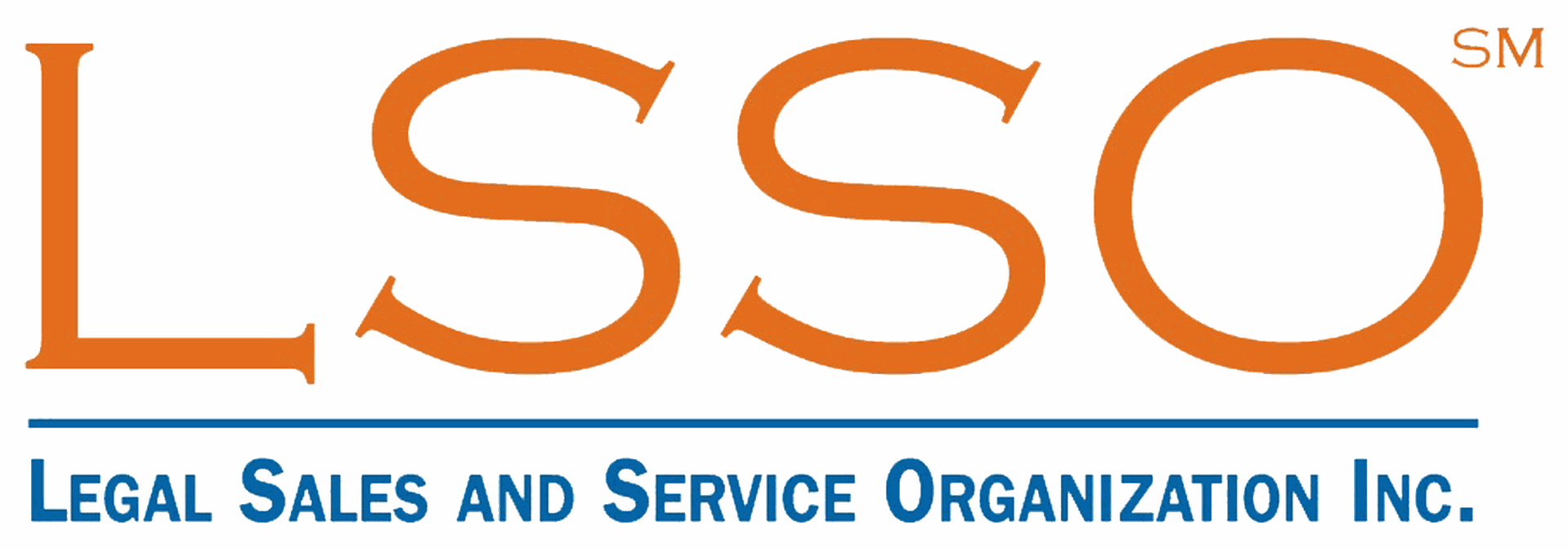By Steve Bell
In our first installment, we explained that that most law firms are exploring a common set of COVID-era sales innovations. In our second installment, we suggested that because all firms are deploying the same techniques and technologies, the difference-maker may be the skill with which sales process is generated and implement is the big difference-make, and we provided guidance about how to develop a sales process, looking at a sample process’s first three steps: Understand the firm, develop targets, and conduct research.
In this installment, we describe the five other steps in our sample sales process.
Open the door
Of all the sales-process steps, opening the door for the first time with a buyer at a prospective client is the most difficult for lawyers to achieve. Some – but not all – great sales professionals relish the task of cold-calling (or the 2022 digital equivalent) and are not fazed by all the “no thanks” responses they receive. But most human beings, including some of the most successful sales professionals we know, must summon courage and resolution to handle this task. Quadruple that for lawyers. For some of them it is nearly impossible, and it is one of the reasons that it is so critical do everything possible to hang onto clients once they are on board.
Opening doors is made easier and more natural if it is undertaken in increments, such as gaining an introduction from a mutual acquaintance, finding events where targeted buyers gather, and offering valuable knowledge and insights in opening salvos such as, “We learned that one of your key competitors…..” or “Other companies in you industry are finding that…..”
In 2022 also, big parts of door-opening can be handled by Artificial Intelligence and Machine Learning, which can efficiently approach clients, lead them on a buying journey, and thereby generate highly qualified leads at a very mature stage, when getting the meeting is virtually automatic.
In the next and final installment of this Sales Trends in the COVID Moment, we’ll suggest an especially powerful method for opening doors – law-firm products.
Follow Up
An unfortunate number of lawyers are not persistent enough in following up once the door is open. On some happy occasions, after only one or a few interactions, buyers will identify opportunities to engage. In most cases, though, it takes many more “touches” than that. The number of interactions cannot be predicted in advance, and it may take ten, 20, 50 or more. Recognize that in this follow-up segment of the sales process, the buyer is evaluating the client-service capability of the seller. Is the seller adding value at each step? Is the seller demonstrating persistence, patience, and resilience? Many lawyers “drop out” of the competition by engaging in only one, two or three follow-ups before dropping the pursuit. Our advice is to stay the course, no matter how many follow-ups are required to earn new business. In addition, the time- and emotion-consuming nature of follow-up is yet another good reason to select targets with extraordinary discipline and care. Lawyers and law firms should make sure that they are pursuing targets worth the substantial effort that may be required!
Get the first assignment
Persistence in the follow-up phase of the sales process will, almost without fail, lead to opportunities. Often, buyers signal that they are in buying mode with a question such as “Does your firm do….?” or a statement such as “I’ve got an issue I’ve been thinking about.” Of course, it would be great if the opportunity identified by the buyer is in the wheelhouse of the lawyer who has invested time and effort in the pursuit. Many times, though, the need may be in another area of practice. We urge lawyers to recognize opportunities for the whole firm and to collaborate with others to land new business, even if it will generate hours for another lawyer. The activity of the buyer making a purchase and formalizing the relationship often “trains” them to identify more opportunities – including assignments for the lawyer who led the build-out of the relationship.
Deliver World-Class Service
Every law firm claims client-service excellence. With all the effort expended to advance this far through the sales pipeline, anything less would represent an enormous waste of time and resources. It is unfortunate but true that some new clients are not served with the excellence expected because the first engagement – a starter engagement – is not sizeable. And, unfortunately, many clients do not share with law firms the same definition of client-service excellence. Before work commences, law firms need to understand the client’s perspective on great service and engagement success. And they need to check in frequently with clients – through end-of-engagement and/or annual client-satisfaction meetings -- to gauge whether or not the client perceives that it is receiving the world-class service (from its perspective) that can be the foundation for the final component of our sales process – building out the relationship.
Expand the Account
At the beginning of this section, we identified the desired state as being a mutually satisfying, expanding, highly profitable relationship. The delivery of world-class service is part of the pathway to this objective. Another part is understanding the client, helping it avoid problems entirely, and – when they arise -- skillfully and cost-effectively addressing them. Another big element of expanding accounts with clients is the successful application of key-account or strategic account management techniques. These skills are not taught at law school. Law firms that are serious about achieving the pinnacle of success with the sales process will consider adding professional sales and sales-management resources to client teams.
Three of the steps in this process are especially good matches for sales professionals (and not especially good matches for lawyers or other professionals). Salespeople are great at getting the meeting, following up, and expanding the relationships (i.e. managing strategic accounts); lawyers generally are not. That’s why we often recommend teams comprised of sales professionals and service professionals who can implement every step of the process in order and in a timely way to achieve a solid yes or no from the prospective client. When we say expand the relationship, we are talking about a more profound program than most firms’ key client programs. Our book, “SAM-Legal: Turning Key Clients into Strategic Accounts,” calls for law firms to expand and intensify their key-account game to levels that the Big 4 accounting firms and major consulting firms have achieved. The book describes how lawyers and business professionals can work together to create and operate successful strategic account programs.

